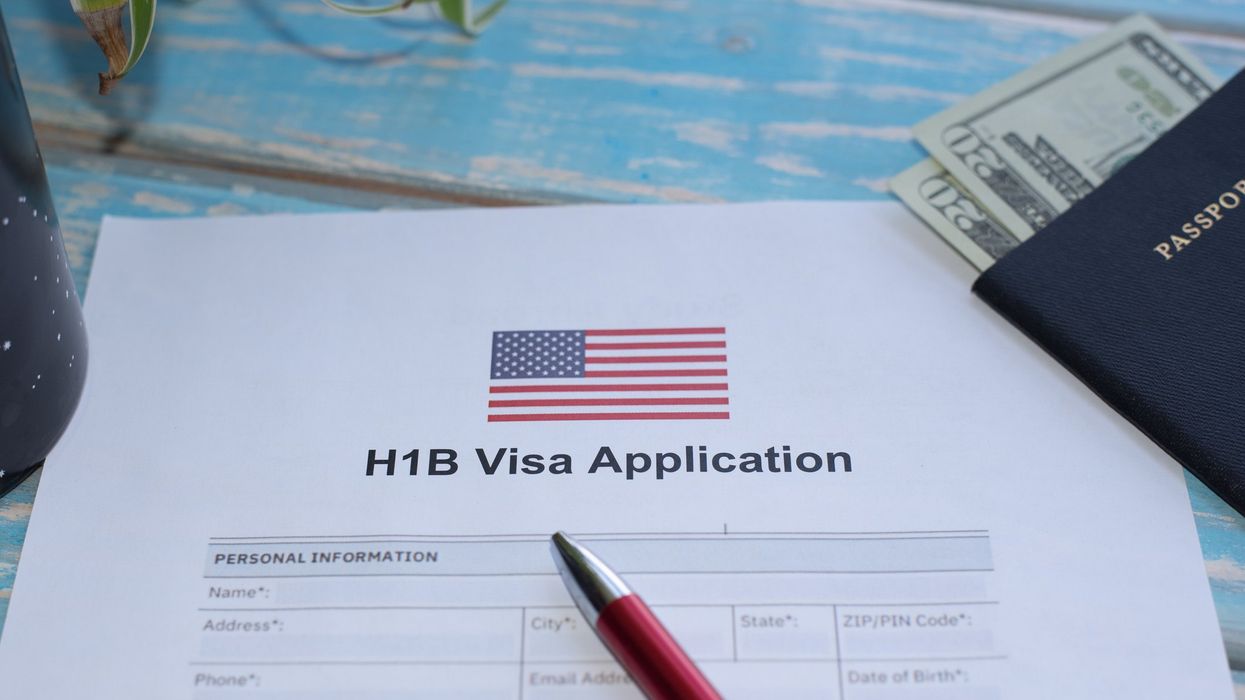Elon Musk and Vivek Ramaswamy both came out recently in favor of expanding the H-1B visa program. This program allows large corporations to claim they cannot find adequate skilled talent (engineers for example) and sponsor a foreign worker to enter the United States to fill the required role.
The program itself is rife with abuse and inevitably and negatively affects American citizens by adding to the supply of talent and inevitably decreasing the price of such talent (wages).
Some disagree with Musk and Ramaswamy. Many identify as MAGA and argue that it is counter to Trump's desire to limit immigration. Yet Trump himself has said he supports the H-1B program. He has also recently said that foreign students graduating from American universities should automatically qualify for a Green Card (permanent residency). This would allow them to work without needing a visa and put them on the path to naturalized citizenship.
Ramaswamy included commentary on American cultural failings in not producing enough home-grown talent. Musk used a sports metaphor to argue that bringing in foreign talent was necessary to keep the U.S. on top economically. While these arguments have elements of truth, they also fail to consider some key points.
For some context on this opinion, I wrote early in 2024 that we should stop all immigration for an extended period, including H-1B visas, while we fixed the mess we were currently in, and have a national debate about how immigration should be handled going forward. I stand by that opinion, as well as my suggestion for a kinder and gentler mass deportation. While I am pro-immigrant, I believe these steps are necessary for a cultural and policy reset. As beneficial as immigration has been to our shared history, our current policy is polarizing us from many directions while failing to make America better.
Ramaswamy’s commentary on cultural failings is not wrong though they could also be defined as educational shortcomings. That is on us as parents (and grandparents), and our political and business leaders to fix. The H-1B program not only ignores those problems but gives us a seemingly cheap way out to avoid fixing them.
I have low expectations that politicians or our universities will fix this problem. However, I have high expectations that big business could fix the problem if the H-1B program were unavailable. Simplistically speaking, they could hire young technology interns, give them on-the-job training, sponsor their advanced education, and meritoriously promote and pay the best.
Musk meanwhile decided to clarify his position, stating that he only wanted to bring in the top 0.1% of talent from foreign countries. However, these arguments assume that economics is a zero-sum competition between nations. In his world, H-1B becomes a weapon of economic war in our effort to stay on top.
Essentially, Musk is suggesting we use H-1B not just to advance our economy but to debilitate other countries in their effort to advance their economies. And in doing so we inevitably hurt ourselves.
What happens when other nations (especially so-called third-world nations) advance economically and educationally? Does it cause us damage? On the contrary, in a free trade environment, when other nations become stronger economically, they become bigger markets for American-made goods and services. They also provide quality, cost-effective goods and services to Americans. And robust economies create a more cooperative and peaceful world. Buying and selling with each other is more advantageous than waging actual war.
Don’t get me wrong. I am a died-in-the-wool capitalist (actually a “free-marketist” but that is a subject for another day). I believe competition between market participants is good. And yes, it often results in creative destruction when some firms fail while others are born. But the competition should be among those market participants and not among nations.
Let’s not wage economic warfare to paper over our internal problems. Put the H-1B program on ice and fix those problems instead.
David Butler is a husband, father, grandfather, business executive, entrepreneur, and political observer.




















